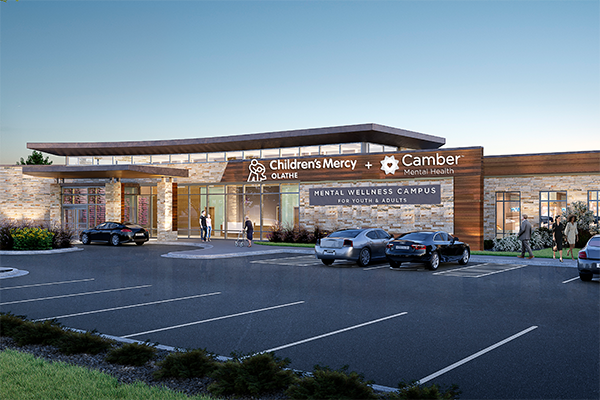Youth Residential Treatment Programs: What Clients and Parents Can Expect

Children and teenagers experience frequent mood shifts. They can be happy one minute and upset the next. When your youth’s emotional changes are more severe and last longer, he/she may be struggling with a mental health issue that needs more support.
If home- or community-based treatment is not adequate, children and teens who are struggling with depression, anxiety, anger or trauma can get professional help and support in youth residential treatment programs. It is important to seek treatment and address mental health issues in order to prevent long-term impacts to their health and wellness. Residential treatment programs can serve as a place to heal in a safe and supportive environment. Niles is a nonprofit organization in Kansas City, Missouri that offers residential treatment and other behavioral health programs. Based on the services we offer, here’s what you should expect from a youth residential treatment program.
Family Engagement
Niles has made a commitment to family and youth engagement and inclusion. As a result of this commitment, Niles will:
- Ask families to commit to being engaged in the treatment process upon admission by providing information, participating in meetings, and making frequent contact with their youth on and off-site
- Include families in treatment updates
- Provide education on trauma, Adverse Childhood Experiences (ACEs) and neuroscience so that they will be prepared to engage in discussions with their youth using their newly learned terminology
- Spend as much time as possible with their youth in their home environment
- Ask for family feedback at discharge
Supportive Treatment Team
While youth who enter Niles’ residential treatment program are under the care of a licensed psychiatrist and clinical director, our entire team will work with your family to help your child meet their treatment goals. The treatment team includes:
- Psychiatrist
- Therapist
- Registered Nurse
- Registered Dietician
- Counselor
- Clinical Director
Individualized Treatment
An initial comprehensive assessment will be completed within the first 72 hours of admission to collect information on your child’s presenting symptoms and concerns. Other assessments will be completed to determine individualized care needs and goals during your child’s treatment. Some of the services your child may receive in order to develop healthy skills and work through challenges are:
- Family Therapy
- Individual Therapy
- Group Therapy including animal-assisted therapy, recreation therapy, music therapy, horticulture therapy and virtual reality programming
- Medication Management
- Nursing Services
- Family Education
- Behavioral Education
- Psycho-educational Services
- Cultural and Social Activities
Although youth typically remain in treatment for 45-60 days, care longer than 60 days might be necessary to build the skills needed in order to succeed following discharge.
Healing Environment

Niles’ residential treatment facility provides a safe, healing environment for youth. Our dormitories allow for children and teens to bond and heal without distraction.
Benefits of Residential Treatment for Youth
At Niles, we use trauma-focused treatments that help children and families manage difficult emotions, process trauma and move beyond these experiences. Children and teens who successfully discharge from residential treatment have learned skills to better understand and manage their emotions, have an expanded emotional vocabulary so that they can identify and express what they need, and have an improved foundation for a healthy life.
Learn more about Niles’ residential treatment for youth here.
If you know a child or young adult struggling with depression or experiencing thoughts of self-harm, contact Niles or one of our psychiatric hospitals at 1-866-KVC-CARES (582-2273), or contact the National Suicide Prevention Lifeline at 1-800-273-TALK (8255) immediately.





